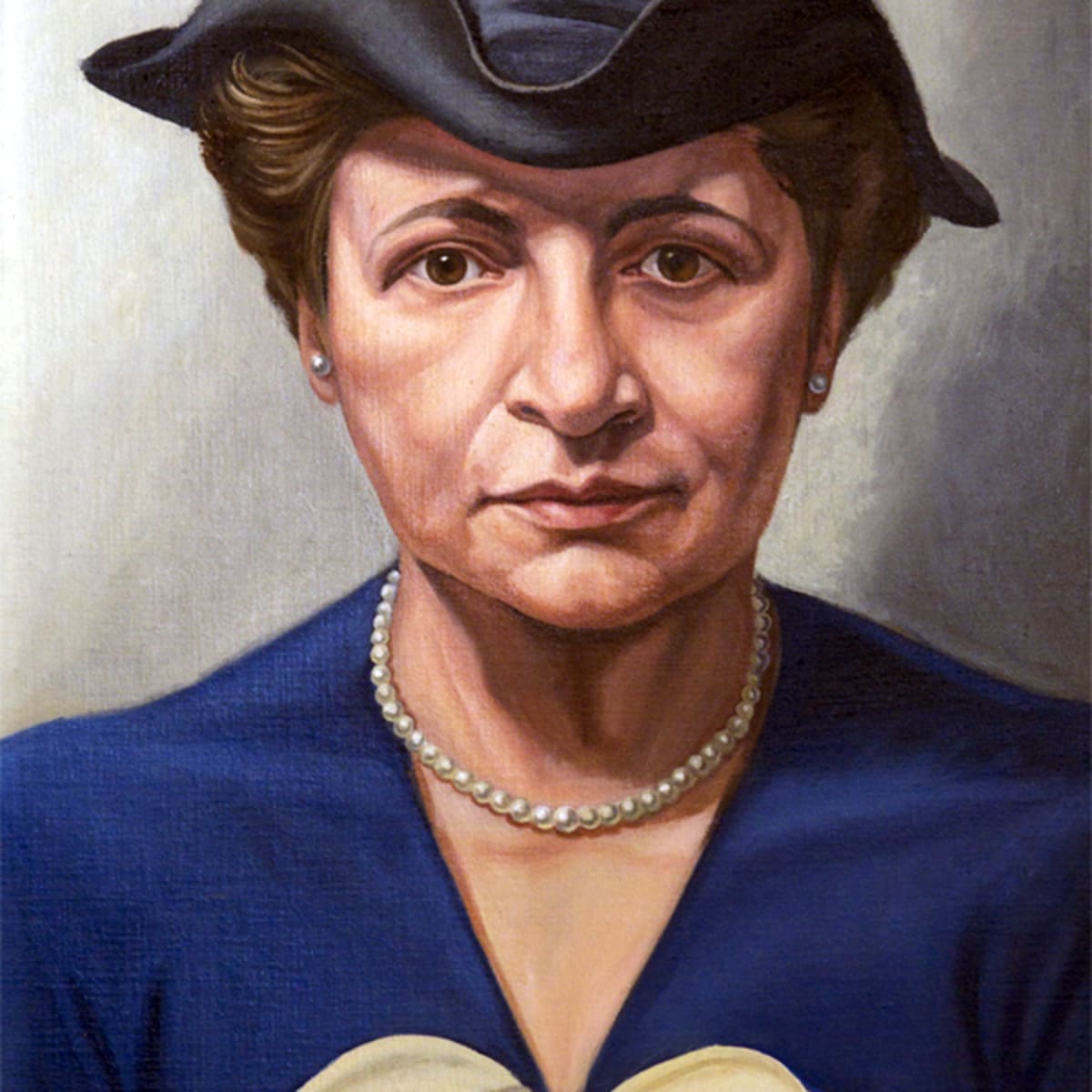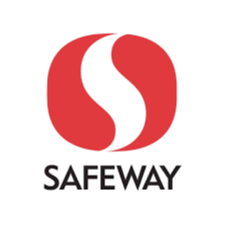Do You Know Who You Are? Part Three on Emotional Intelligence

a) Were any of them work related?
b) Were they all (or mostly) related to real life experiences?
c) And did they contribute to improving your emotional intelligence?
Let’s now take a look at four key elements of how emotional intelligence influences our personal leadership. (Click here to read Part Two of this series.)
1. Self-Awareness
Self-awareness is the foundation to leadership growth. That statement shouldn’t come as a surprise to anyone. However, what’s not well acknowledge is the need to take the time periodically for critical self-reflection. This is the game changer when it comes to initiating true personal change.
How each of us views the world affects how we interact with others. And what clouds our leadership lens on the world is what’s called mental models. Briefly, our mental models are formed and cemented as we go through adulthood. They’re formed from our assumptions, values and beliefs, flowing from our life experiences. Therefore, this means that if we want our leadership lens to be as unobstructed as possible, we must take the time to understand ourselves.
2. Intuition
A second vital element is intuition. It’s often referred to as our sixth sense. Some people see it as a synonym for our subconscious or instinctiveness. What makes intuition unique is that it perceives things without relying on the other five senses (touch, sight, smell, hearing, taste).
In an organizational context, it has been dismissed because it’s not based on facts. As a result, intuition has been a largely ignored and rejected element of decision-making. Traditionally, leaders who admitted to using intuition were ignored or laughed at. Think about your own experiences.
Intuition sees the world in wholes. When we use reasoning, we break down the world into discrete pieces to analyze. If you find yourself saying “If this happens, what will then occur?” then you’re using reasoning, not intuition. Robert Cooper, author of Executive EQ, states: “When your intuition is highly developed, you don’t have to work to turn it on, it stays on. It flows. It becomes part of the way your heart and senses relate to every experience and circumstance.”
3. Empathy
When we empathize, we’re not sympathizing. There’s a big difference between the two. The late Stephen Covey explained it beautifully in his The 7 Habits of Highly Effective People. Habit 5 states: Seek first to understand, then be understood.
For your faithful correspondent, this is the most important habit. I’ve always tried to keep in mind from where the other person is coming when engaged in a discussion or debate on an issue. I haven’t always succeeded, but this habit is vital to master in a leadership role.
Until you understand from where the other person is coming, it’s very difficult to win them over with your view. The Centre for Creative Leadership found through its leadership research that the primary reasons why managers “derailed” from their jobs was a lack of empathy and sensitivity for others. Think about that finding for a moment.
4. Trustworthiness
The more we trust ourselves and others, the more successful we’ll be at work and in our private lives. That statement is so painfully obvious that you’re probably chuckling at it. Yet it’s so true!! Think about the power games that go in your organization, whether in business or in government. Think about the two-face behaviours that go on every day at work” between co-workers , between managers and their staff, and between managers.
Trustworthiness is built on honesty. To achieve this requires that we connect emotionally with others. Clinical leadership professor Man fred Kets de Vries has said: “If there is no sense of trust in the organization, if people are preoccupied with protecting their backs… creativity will be one of the first casualties.”

Let’s try a quick exercise.
First, draw a circle and write inside it all the names of those people you trust completely. What’s the result?
Second, meet one-on-one with these people and ask them if you’re in their circle of trust. If you’re not, find out why. What do you have to do to improve? Reciprocate by explaining whether this person is in your circle of trust (and why).
This exercise takes a lot of courage, but it will yield valuable insights. It’s like creating a dialogue with your peers. It’s especially valuable for managers to do this exercise.
If this exercise seems foolish, think about what the impact that trust has on improving corporate performance. If people are unable to openly question the status quo, then creativity and innovation are hindered.
The softer-human side of leadership can be messy. It’s about relationships, getting to know oneself intimately and growing continuously as an individual–and as a leader. Developing our emotional intelligence requires a deep and sustained personal commitment. However, it will pay off as we learn how to adapt more readily to change, interact more effectively with our co-workers, and deal with crises at home.
As a final helpful note, find an EI Mentor. Look for someone who is strong in human relation skills, self-awareness and empathy. Work with him or her to identify areas you wish to strengthen. Then create an action plan with milestones. Without measurable objectives and a timeline, you’re action plan will likely face away over time.
Good luck!
You never conquer the mountain. You only conquer yourself.
– Jim Whitaker (Climbed Mount Everest)
Articles from Jim Taggart
View blog
We’ve all had good bosses, and more likely bad bosses that outnumber the former. This post is a more ...

Franklin Delano Roosevelt rates as being one of America’s greatest presidents, probably in the top t ...

Date Line: 1994, · Forbes Magazine · THE NEW POST-HEROIC LEADERSHIP ”Ninety-five percent of American ...
You may be interested in these jobs
-
cook
Found in: Talent CA 2 C2 - 2 days ago
Aldergrove Indian Bistro Ltd. Langley Township, CanadaEducation: · Expérience: · Education · Secondary (high) school graduation certificate · Tasks · Prepare and cook complete meals or individual dishes and foods · Plan menus, determine size of food portions, estimate food requirements and costs, and monitor and order supplies · I ...
-
Mécanicien compagnon – Spécialiste de maintenance
Found in: Talent CA C2 - 4 days ago
Manulift Varennes, CanadaRelevant du contremaître routier, le mécanicien compagnon spécialiste de maintenance assistera le mécanicien chef d'équipe dans l'entretien des équipements directement sur les chantiers. À bord d'un camion de lubrification, ils se déplaceront d'un client à l'autre afin d'effectue ...
-

Pharmacist (FT)
Found in: Talent CA C2 - 2 weeks ago
Safeway Regina, Canada Full timeRequisition ID: 182003 · Career Group: Pharmacy Careers · Job Category: Retail - Pharmacy · Travel Requirements: 0 - 10% · Job Type: Full-Time · Country: Canada (CA) · Province: Saskatchewan · City: Regina · Location: 4887 Southland Mall Safeway Pharmacy · Postal Code: S4S 6H7 · ...


Comments